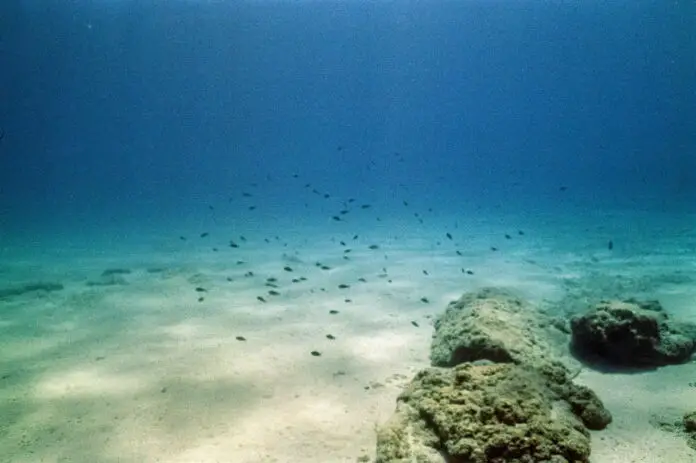new study has unveiled the key mechanisms that preserve organic carbon in the ocean—a poorly understood but vital process, which influences the Earth’s climate, carbon cycles, and formation of fossil fuels.
Organic carbon typically breaks down in most environments. Yet, vast amounts remain preserved in marine sediments, a mystery that has puzzled scientists for decades.
Over time, preserved organic carbon can transform into oil or gas, effectively locking away significant amounts of carbon that could otherwise be released into the atmosphere as carbon dioxide – Earth’s biggest contributor to climate change.
Now, research published in the journal Nature Geoscience, led by scientists from The University of Manchester and the University of Leeds, has identified two overlooked processes that play a dominant role in preserving organic carbon beneath the ocean floor:
Sorption, the uptake of carbon by minerals and Molecular transformation, the conversation of smaller, reactive molecules into larger, less reactive molecules
This new understanding could inform strategies to limit carbon emissions from oceans, offering valuable tools in the fight against climate change.
Understanding how and why carbon is stored in marine sediments is crucial if we are to harness or replicate these natural processes to combat climate change.
“Our findings shed light on mechanisms that were previously overlooked, offering new pathways for carbon management.” says
Lead researcher Dr Peyman Babakhani, a Lecturer in Geoenvironmental Engineering at The University of Manchester







